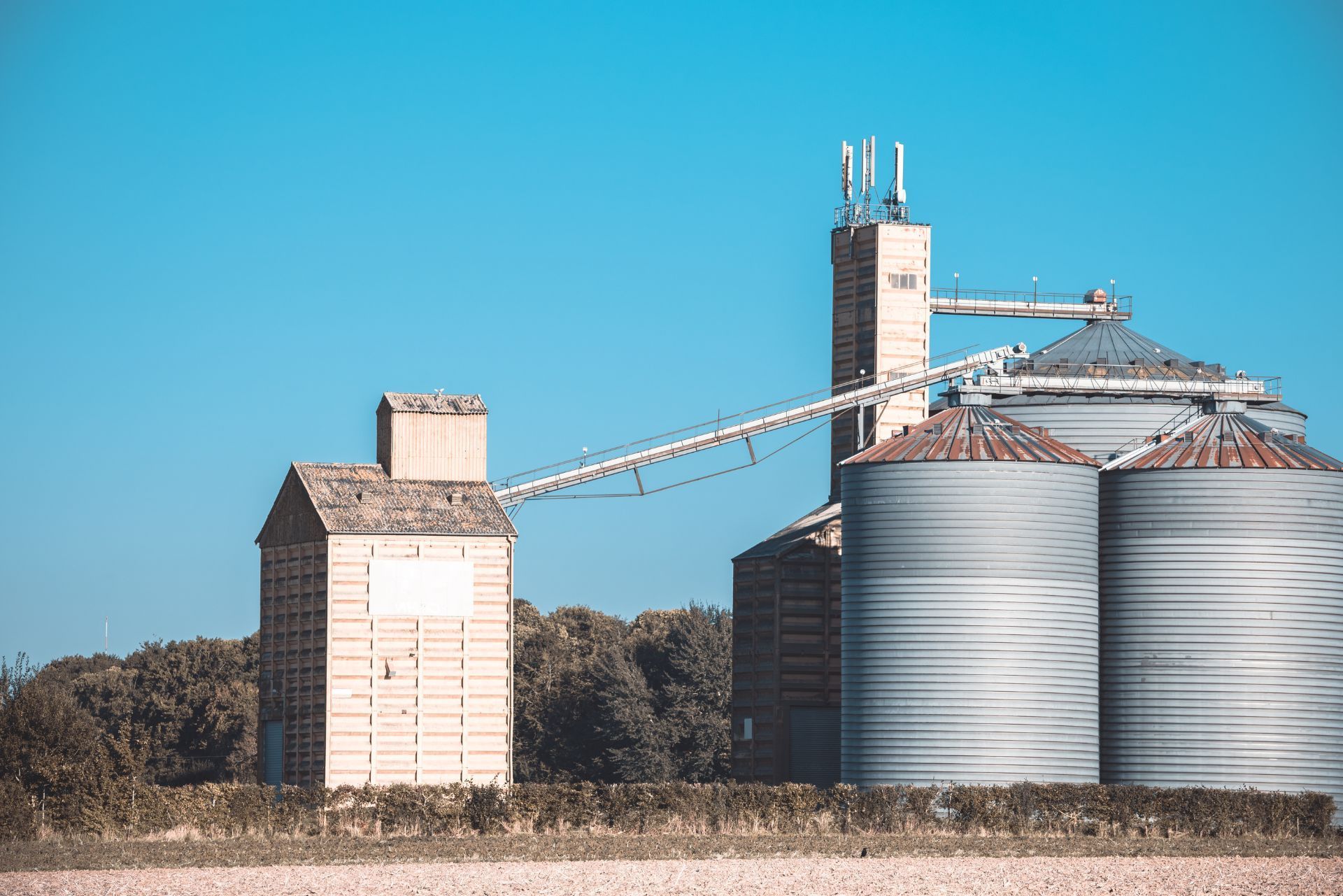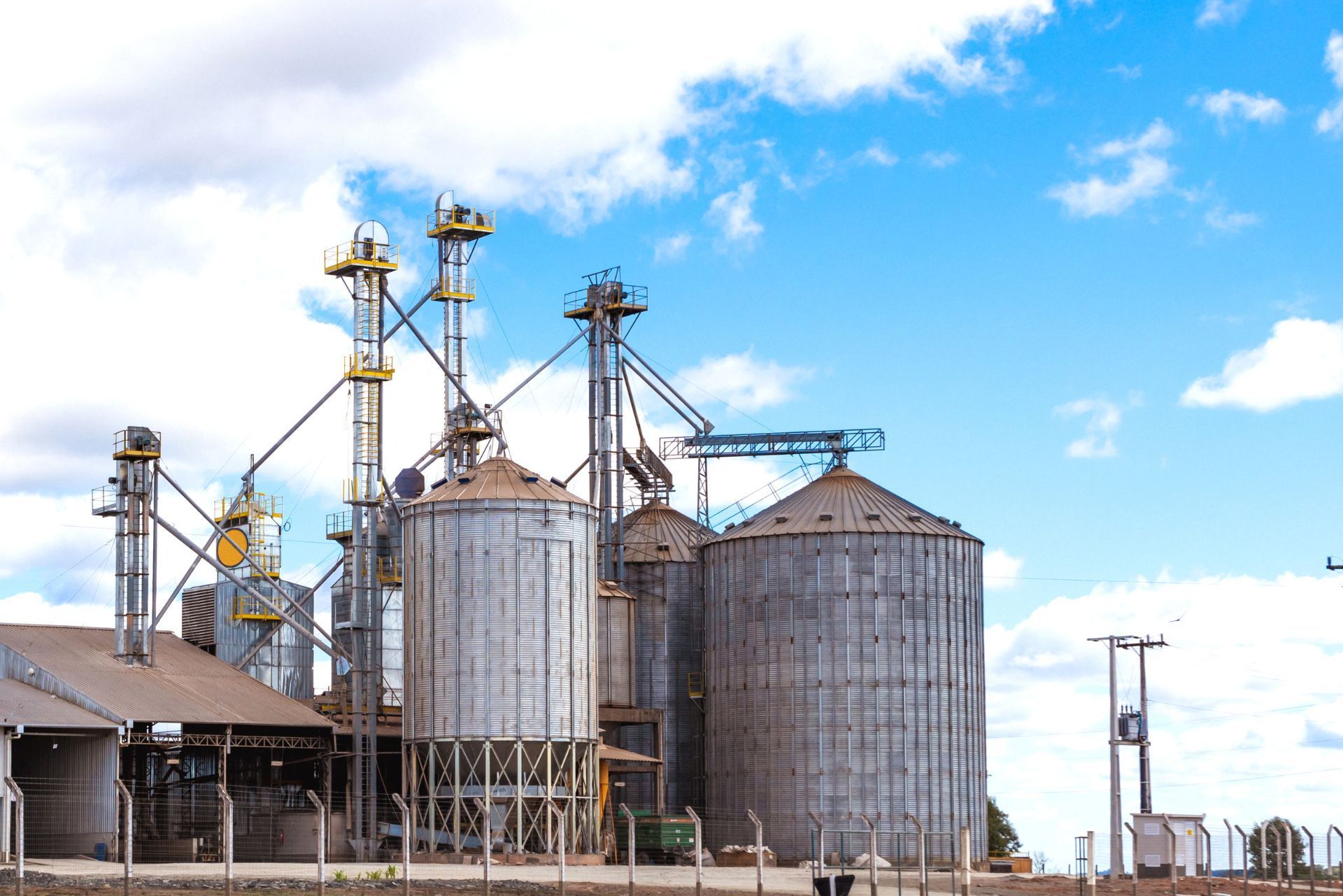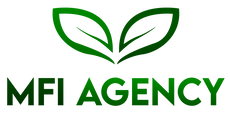
Top 3 Recommended Policies

Operating a feed mill in Texas is a significant undertaking, involving numerous responsibilities, from production to distribution. One of the most critical aspects of running a successful feed mill is ensuring that it is adequately protected against various risks. This is where feed mill insurance comes into play. This article delves into the essentials of Texas feed mill insurance, covering its importance, types of coverage, and factors to consider when selecting a policy.
Understanding Feed Mill Insurance
Feed mill insurance is a specialized form of coverage designed to protect feed manufacturers from the unique risks associated with their operations. These risks can range from equipment breakdowns to liability claims, and having the right insurance can safeguard a business’s financial health.
What Does Feed Mill Insurance Cover?
Feed mill insurance typically encompasses several types of coverage, including property insurance, liability insurance, and workers' compensation. Each of these plays a vital role in protecting the business.
Property insurance covers physical assets such as buildings, machinery, and inventory. This protection is crucial, as feed mills often rely on expensive equipment and large quantities of raw materials. Liability insurance, on the other hand, protects against claims arising from injuries or damages caused by the business's operations. Lastly, workers' compensation is essential for covering medical expenses and lost wages for employees injured on the job.
In addition to these fundamental coverages, feed mill insurance may also include specialized endorsements tailored to the unique needs of the industry. For instance, coverage for spoilage can be critical, as feed products can have a limited shelf life and may be susceptible to contamination. Additionally, business interruption insurance can provide financial support in the event that operations are halted due to unforeseen circumstances, such as natural disasters or equipment failures, ensuring that the business can continue to meet its obligations even during challenging times.
Why Is Insurance Important for Feed Mills?
The feed mill industry operates in a highly regulated environment, and the potential for accidents and losses is significant. Without proper insurance, a single incident could lead to devastating financial consequences. Insurance not only provides financial protection but also helps businesses comply with legal requirements and industry standards.
Moreover, having comprehensive insurance coverage can enhance a feed mill's credibility with suppliers, customers, and regulatory bodies. It demonstrates a commitment to risk management and operational integrity, which can be a competitive advantage in the marketplace. Furthermore, insurance can also facilitate smoother negotiations with lenders and investors, as they often require proof of adequate coverage before providing financial support. This aspect of insurance can be crucial for feed mills looking to expand their operations or invest in new technologies that improve efficiency and product quality.

Types of Coverage Available
When considering feed mill insurance, it is essential to understand the various types of coverage available. Each type addresses specific risks and needs within the feed manufacturing process.
Property Insurance
Property insurance is fundamental for any feed mill. This coverage protects the physical assets of the business, including the building, machinery, and inventory. In the event of a fire, theft, or natural disaster, property insurance can help cover the costs of repairs or replacements.
Feed mills often house large quantities of raw materials and finished products, making inventory coverage particularly important. This type of insurance ensures that losses related to inventory are adequately compensated, allowing the business to continue operations without significant financial strain. Additionally, property insurance can also extend to cover business interruption, which compensates for lost income during periods when the mill is unable to operate due to covered events. This aspect is crucial as it helps mitigate the financial impact of unforeseen disruptions, allowing for a smoother recovery process.
Liability Insurance
Liability insurance is critical for protecting a feed mill against claims of negligence or harm. This coverage can include general liability, product liability, and professional liability insurance.
General liability insurance protects against third-party claims for bodily injury or property damage. Product liability insurance is particularly relevant for feed mills, as it covers claims related to the safety and quality of the feed produced. If a customer experiences adverse effects from using the feed, this insurance can help cover legal fees and settlements. Moreover, with the increasing scrutiny on food safety and quality standards, having robust liability coverage not only protects the business financially but also enhances its reputation in the marketplace, fostering trust among customers and stakeholders.
Workers' Compensation Insurance
Workers' compensation insurance is a legal requirement in Texas for most businesses, including feed mills. This coverage provides financial assistance to employees who suffer work-related injuries or illnesses. It covers medical expenses, rehabilitation costs, and lost wages, ensuring that employees receive the care they need while protecting the business from potential lawsuits.
In an industry where heavy machinery and hazardous materials are common, having workers' compensation insurance is crucial for maintaining employee safety and well-being. Furthermore, implementing a comprehensive safety program can complement this insurance by reducing the likelihood of accidents and injuries. Training employees on proper equipment handling and safety protocols not only fosters a safer work environment but can also lead to lower insurance premiums over time. This proactive approach demonstrates a commitment to employee welfare and can significantly enhance workplace morale, ultimately contributing to higher productivity levels within the feed mill.
Factors to Consider When Choosing Insurance
Selecting the right insurance policy for a feed mill involves careful consideration of several factors. Each business has unique needs, and understanding these can help in making informed decisions.
Assessing Risks
Before choosing an insurance policy, it is essential to conduct a thorough risk assessment. Identifying potential hazards and vulnerabilities within the feed mill's operations can help determine the types and amounts of coverage needed. For instance, if the mill relies heavily on specific machinery, equipment breakdown coverage may be a priority.
Additionally, understanding the regulatory environment and compliance requirements can guide the selection process. Certain types of coverage may be mandated by law, and being aware of these requirements is vital for avoiding penalties. Furthermore, considering environmental risks, such as contamination or pollution, is also crucial, as these can lead to significant liabilities. A comprehensive risk assessment should also include evaluating the supply chain, as disruptions in sourcing raw materials can impact production and revenue.
Evaluating Coverage Limits and Deductibles
When reviewing insurance policies, it is crucial to evaluate coverage limits and deductibles. Coverage limits refer to the maximum amount an insurer will pay for a covered loss, while deductibles are the out-of-pocket expenses the policyholder must pay before the insurance kicks in.
Choosing appropriate limits is essential to ensure that the business is adequately protected. Underinsuring can lead to significant financial losses in the event of a claim, while overinsuring may result in unnecessary premium costs. Balancing these aspects is key to finding the right policy. Additionally, it is advisable to periodically review and adjust coverage limits as the business grows or changes, ensuring that the insurance keeps pace with operational expansions or increased asset values. This proactive approach can help mitigate risks associated with sudden changes in market conditions or operational scale.
Working with an Insurance Agent
Engaging with an experienced insurance agent can simplify the process of selecting feed mill insurance. An agent can provide valuable insights into the specific needs of the business and help navigate the complexities of different policies.
Moreover, an agent can assist in comparing quotes from various insurers, ensuring that the business secures the best coverage at a competitive price. Their expertise can also be beneficial in understanding the nuances of policy terms and conditions, which can often be confusing for business owners. Beyond just facilitating the purchase of insurance, a knowledgeable agent can also offer ongoing support, helping to manage claims and providing advice on loss prevention strategies. This partnership can be invaluable, as it not only aids in securing the right coverage but also fosters a deeper understanding of risk management practices that can enhance the overall resilience of the feed mill's operations.
Common Exclusions in Feed Mill Insurance
While feed mill insurance provides essential coverage, it is equally important to be aware of common exclusions that may apply. Understanding these exclusions can help prevent unexpected gaps in coverage.
Natural Disasters
Many insurance policies exclude coverage for damages caused by natural disasters, such as floods, earthquakes, or hurricanes. In Texas, where severe weather events can occur, it may be necessary to purchase additional coverage or a separate policy to protect against these risks.
Business owners should carefully review their policies to identify any exclusions related to natural disasters and consider the potential impact on their operations. For instance, the financial repercussions of a flood could be devastating, not only damaging physical assets but also disrupting supply chains and impacting customer relationships. Proactive measures, such as investing in flood barriers or establishing emergency response plans, can mitigate risks and safeguard the business against unforeseen weather-related incidents.
Intentional Acts
Insurance policies typically do not cover losses resulting from intentional acts or criminal activities. If a business owner or employee engages in fraudulent behavior or deliberately causes damage, the insurer may deny the claim.
It is crucial for feed mills to maintain ethical practices and ensure that all employees are aware of the importance of compliance with laws and regulations to avoid potential claims denials. Regular training sessions on ethical conduct and the legal implications of fraud can foster a culture of integrity within the workplace. Additionally, implementing strict internal controls and monitoring systems can help detect and deter any potential misconduct before it escalates into a more significant issue.
Wear and Tear
Most insurance policies do not cover damages resulting from normal wear and tear or maintenance issues. Feed mills rely on heavy machinery that may experience breakdowns over time, but routine maintenance and repairs are typically the owner's responsibility.
Understanding this exclusion can help business owners plan for regular maintenance and budgeting for equipment replacement, ensuring smooth operations. Developing a comprehensive maintenance schedule can not only extend the lifespan of machinery but also enhance productivity by minimizing unexpected downtime. Furthermore, investing in predictive maintenance technologies can help identify potential issues before they lead to costly repairs, allowing feed mills to operate more efficiently and maintain a competitive edge in the market.
The Claims Process
In the unfortunate event of a loss, understanding the claims process is essential for a feed mill owner. Knowing how to navigate this process can help ensure that claims are handled efficiently and effectively.
Reporting a Claim
The first step in the claims process is reporting the incident to the insurance company. This typically involves contacting the insurer directly and providing details about the loss, including the date, time, and nature of the incident.
It is important to document the incident thoroughly, including taking photographs and gathering witness statements if applicable. This documentation can support the claim and help expedite the process.
Claim Investigation
Once a claim is reported, the insurance company will initiate an investigation. This may involve an adjuster visiting the site to assess the damage and gather additional information. The adjuster will evaluate the claim based on the policy terms and conditions.
During this phase, it is crucial for the business owner to cooperate fully with the investigation and provide any requested documentation promptly. Open communication with the insurer can facilitate a smoother claims process.
Receiving Compensation
After the investigation is complete, the insurer will determine whether the claim is valid and the amount of compensation to be paid. If the claim is approved, the business will receive compensation based on the policy limits and the extent of the loss.
It is essential to review the settlement offer carefully. If the business owner believes the offer is insufficient, they can negotiate with the insurer or seek legal advice to ensure fair compensation.

Cost of Feed Mill Insurance
The cost of feed mill insurance can vary significantly based on several factors. Understanding these factors can help business owners budget effectively and make informed decisions.
Factors Influencing Premiums
Several factors influence the premiums for feed mill insurance, including the size of the operation, the type of coverage selected, and the business's claims history. Larger operations with more extensive assets may face higher premiums due to increased risk exposure.
The type of coverage also plays a significant role. Comprehensive policies with higher limits and lower deductibles typically come with higher premiums. Conversely, opting for higher deductibles can reduce premium costs but may increase out-of-pocket expenses in the event of a claim.
Regular Policy Reviews
Conducting regular policy reviews is essential for ensuring that coverage remains adequate and cost-effective. As the business grows or changes, its insurance needs may evolve, necessitating adjustments to the policy.
Regular reviews can also help identify potential savings opportunities, such as bundling policies or taking advantage of discounts for safety measures implemented within the feed mill.
Shopping Around for Quotes
To find the best rates for feed mill insurance, it is advisable to shop around for quotes from multiple insurers. Comparing coverage options and premiums can help identify the most suitable policy for the business's needs.
Engaging with an insurance agent can streamline this process, as they can provide insights into different insurers and help negotiate competitive rates. Taking the time to research and compare options can lead to significant savings and better coverage.
Conclusion
Texas feed mill insurance is a vital component of operating a successful feed mill. Understanding the various types of coverage, assessing risks, and selecting the right policy can protect the business from unforeseen challenges. By being proactive in managing risks and ensuring adequate coverage, feed mill owners can focus on their operations with peace of mind, knowing they are safeguarded against potential losses.
In an industry where safety, compliance, and financial stability are paramount, investing in the right insurance coverage is not just a necessity but a strategic advantage. As the feed mill landscape continues to evolve, staying informed about insurance options and best practices will be crucial for long-term success.
Contact Us

